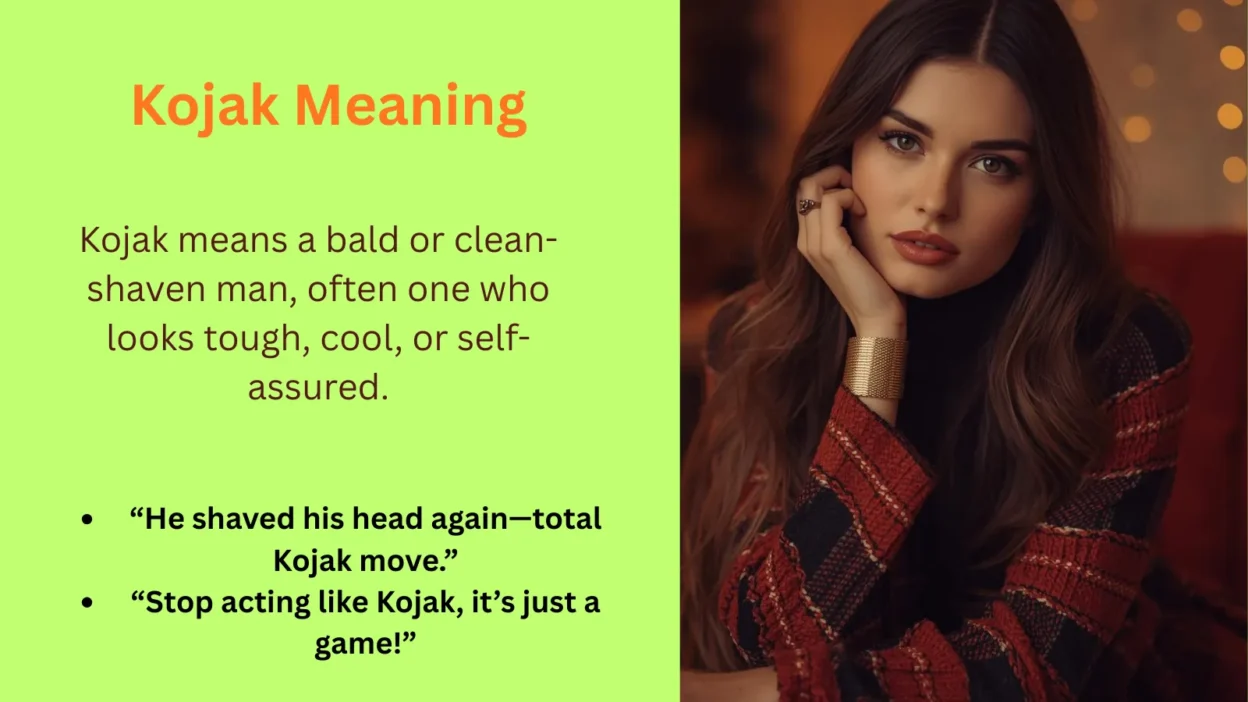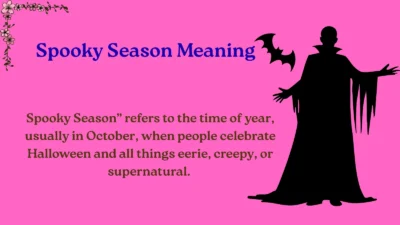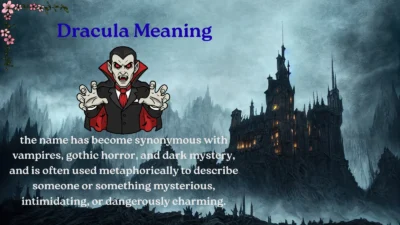Ever wondered about the real Kojak Meaning and why it’s trending across social media, gaming chats, and pop culture discussions? Let’s break down how this term became a symbol of style, confidence, and cleverness in today’s slang. Kojak comes from the name of a famous 1970s TV detective, Lieutenant Theo Kojak, played by actor Telly Savalas. Over time, Kojak became slang to describe a bald man, referencing the character’s iconic clean-shaven head and tough personality.
When someone says, “He looks like Kojak,” they usually mean he’s bald, confident, or carries a detective-like vibe.
In this article, we’ll explore the true meaning of Kojak, its pop-culture origin, how it became slang, and how people still use it today to describe appearance and personality with style.
What Does “Kojak” Mean?
Kojak means a bald or clean-shaven man, often one who looks tough, cool, or self-assured. The term originated from the popular 1970s TV crime series Kojak, where the main character, Lieutenant Theo Kojak, was known for his no-nonsense attitude, signature lollipop, and shiny bald head.
Example Sentences:
- “Ever since he shaved his head, his friends call him Kojak.”
- “That detective looks like Kojak — calm, sharp, and always in control.”
Key Points to Remember:
- Kojak, as slang, describes a bald, confident man, inspired by the TV character.
- The term reflects pop-culture influence and recognizable imagery.
- It’s often used playfully or humorously rather than as an insult.
Background & History
The origin of “Kojak” goes back to the American TV series Kojak, which aired from 1973 to 1978. The main character, Lieutenant Theo Kojak, was a sharp, witty detective in the New York City Police Department. He was instantly recognizable because of his bald head, tough attitude, and catchphrase, “Who loves ya, baby?” The show became so popular that Kojak’s name turned into a cultural reference.
Over time, “Kojak” became slang for anyone bald, especially if they had a confident, detective-like vibe. In the UK and the US, the term spread through comedy shows, everyday speech, and even police slang. By the late 1980s and 1990s, the name was sometimes used humorously for anyone investigating too deeply or acting suspiciously.
Today, while younger generations might not know the show, the term still pops up on social media and memes referencing bald characters or people with an “old-school cool” energy.
Usage in Various Contexts
In Texting or Chat:
- “He shaved his head again—total Kojak move.”
- “Stop acting like Kojak, it’s just a game!”
On Social Media:
People use “Kojak” in memes or comments when referencing bald celebrities like Dwayne Johnson or Vin Diesel. Example: “The Rock went full Kojak mode.”
Gaming:
When a player constantly investigates or plays “detective” roles, others might joke:
- “Here comes Kojak again, checking every clue.”
In Real Life:
It’s often said teasingly among friends when someone is bald or shaves their head.
- “Dude, nice Kojak look—you’re pulling it off!”
In all contexts, tone matters—it’s usually playful, but if said mockingly, it could sound rude.
Common Misconceptions & Clarifications
- Not an insult (usually): Some think calling someone “Kojak” is mean, but it’s typically light-hearted.
- Not always about baldness: Sometimes it’s used for someone who’s just observant or acting like a detective.
- Not offensive: Unless said mockingly, it’s rarely taken as an insult.
- Pop culture link: It’s based on a beloved TV character, not a random term.
Example:
- “Why’d you call me Kojak?”
- “Because you notice everything, detective!”
Similar Terms & Alternatives
Here are some terms similar to “Kojak”:
| Term | Meaning | Context |
| Baldie | Informal word for a bald person | Common, casual |
| Slick Head | Playful nickname | Friendly teasing |
| Detective Mode | Acting investigative | Gaming/social |
| Inspector Gadget | Curious person | Humorous, light tone |
| Cue Ball | Round, shiny head | Funny or teasing |
Each term fits a slightly different tone—“Kojak” sits between admiration and humor.
From flirty texts to professional responses, Awesomereplies.com delivers ready-to-use lines that make conversations easy and fun.
How to Respond to This Term
If someone calls you “Kojak,” your response depends on the situation:
1. Casual/Funny:
- “Who loves ya, baby?” (Classic Kojak reply)
- “At least I’m the coolest bald guy here!”
2. Professional:
- “Haha, guess my clean look gave it away.”
3. Privacy-Conscious:
- “That’s a funny nickname, but I prefer my real name.”
4. Friendly Teasing:
- “Better Kojak than Sherlock!”
The best approach is to embrace the humor unless the tone feels disrespectful.
Regional or Cultural Differences
United States:
Kojak is known among older generations and movie buffs who watched the original show.
UK:
It’s sometimes used as slang for bald men, especially in humor or tabloids.
Other English-speaking regions:
The meaning may be less known, so it might just sound like a random name.
Some countries with dubbed versions of Kojak may even have local equivalents or use it in TV nostalgia references.
Comparison with Similar Terms
| Expression | Used For | Tone | Modern Popularity |
| Kojak | Bald or detective-like person | Playful | Medium |
| Baldie | Bald individual | Neutral | High |
| Sherlock | Detective type | Curious/intelligent | High |
| Inspector Gadget | Nosy or curious person | Funny | Medium |
| Cue Ball | Shiny bald head | Teasing | Medium |
Usage in Online Communities & Dating Apps
Twitter:
Calling someone “Kojak” might be a compliment on their confidence or style.
Reddit or gaming chats:
It’s used when someone acts like a detective.
- “Bro turned into Kojak trying to find who stole the loot.”
Dating apps,
If someone uses “Kojak” humorously in a bio (“bald but bold, call me Kojak”), it signals self-confidence and charm. Responding playfully—like “Who loves ya, baby?”—can start fun conversations.
Hidden or Offensive Meanings
There are no offensive meanings directly tied to “Kojak.” However, if used mockingly about baldness, it could feel insulting. Context is key—when said jokingly among friends, it’s fine, but in professional or public settings, avoid using it toward strangers.
Suitability for Professional Communication
In professional environments, avoid using “Kojak” unless it’s clearly a friendly joke. Instead, use respectful alternatives like:
- “Detective-like attention to detail.”
- “Sharp observer.”
These phrases keep the professional tone while appreciating the same quality.
FAQs
1. What does “Kojak” mean in slang?
It means a bald person or someone acting like a detective.
2. Where did the term come from?
From the 1970s TV show Kojak, starring Telly Savalas.
3. Is calling someone “Kojak” rude?
Not usually—it’s meant humorously, but tone matters.
4. Can “Kojak” mean a detective?
Yes, it can refer to anyone acting observant or investigative.
5. Is “Kojak” still used today?
Yes, though it’s more niche or nostalgic slang.
6. How do you respond if someone calls you Kojak?
Laugh it off or respond with the famous line, “Who loves ya, baby?”
7. Is it okay to use in texting?
Yes, especially if both people understand the reference.
Conclusion
The meaning of Kojak goes beyond just a TV reference — it’s a playful piece of slang that celebrates confidence and individuality. Originating from the 1970s detective series Kojak, the term has evolved into a cultural nod for bald, cool, and self-assured men.
If ether is used as a lighthearted nickname or a pop-culture compliment, Kojak remains a timeless symbol of style and toughness.
So, next time you hear someone called Kojak, remember — it’s not just about being bald, it’s about carrying that same bold, fearless attitude that made the character unforgettable.





